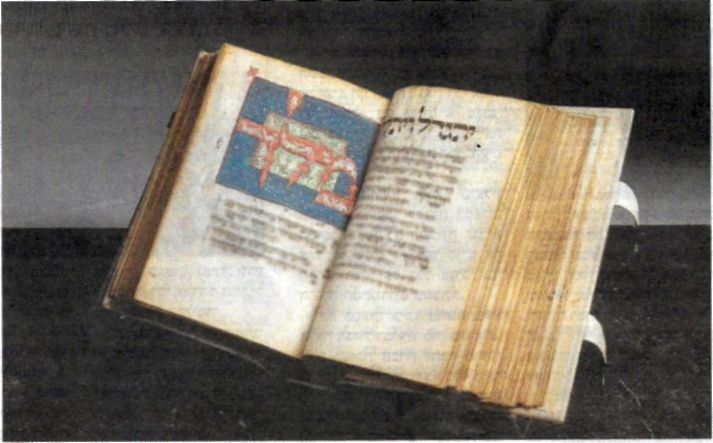  |
|
| |||||||||||||
|
This Google Custom Search looks only in this website. A Simchah in Bahrain
The Jewish community in Bahrain celebrated last week the first Jewish ceremony in this country in 52 years. The event took place in the Ritz Carlton Hotel in Manama, the capital. Organized by the Kashrus Association, it was also the very first wedding in the country's history.
The chosson was the son of one of the kehilla's foremost members, Hoda Nunu, who served as a past ambassador to Washington.
The Luzzato Machzor, believed to be over 700 years old, was sold two weeks ago at the Sotheby auction in New York for the astronomical price of $8.3 million, the equivalent of NIS 26.6 million.
The Ashkenazi machzor of Rosh Hashonoh and Yom Kippur was written in the 13th century by a scribe named Avrohom in Bavaria, Germany, hundreds of years before the invention of printing.
A regional court in Stavdofil, Russia, fined the local Jewish community for the possession of Jewish literary books (historical novels) written by Rabbi Marcus Lehman which tell about Jews who were coerced to convert.
The court which issued the fine did so on the grounds that these works were included in a list of books which contained "controversial material," which is forbidden by law.
This interesting essay was first published 28 years ago, in 1993, on parshas Toldos,
When we consider a single deed, outside the total context of a man's life, it is hard to determine its true meaning. There are people apparently overflowing with benevolence, eager to do acts of kindness for their fellow man, yet the real quality of their deeds doesn't necessarily meet the divine definition of untainted chesed, the attribute that bears G-d's stamp. Heaven and earth were created with divine loving kindness, as the posuk says, "The world is built through kindness" (Tehillim 89:3), whereas human chesed is an inborn trait that doesn't differentiate between good and bad.
Avimelech said to Yitzchok, "We saw that Hashem was with you" (Bereishis 26:28). The Beis Yaakov points out that the merciful name of Hashem is used in this posuk. Earlier, however, when Avimelech spoke to Avrohom and said "Elokim is with you in everything you do" (ibid., 21:22) the name Elokim, indicating His attribute of justice, is used.
* * *
|
||||||||||||




.jpg)


